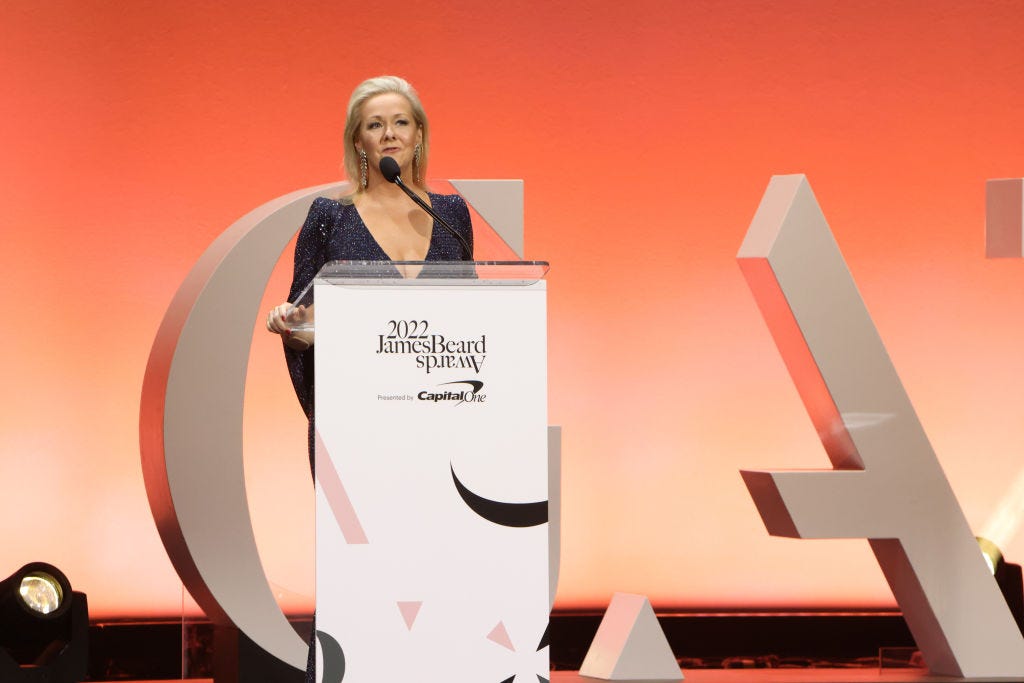
I’ll get to the awards in a minute, but first, a reminder:
Address toxicity, don’t deny it
Lunchbox co-founder and CEO Nabeel Alamgir is known in the industry for his outspoken criticism of his company’s competition — and for proudly displaying the cease and desist letters they send in response. It’s the sort of behavior that’s often dismissed as “startup culture,” forgiven in the name of growth and the sort of David-v-Goliath narrative that wins attention and, from the looks of a recent LinkedIn post from Alamgir, likes.
In the post, Alamgir, a former restaurant worker, seems to dismiss workplace toxicity:
“Your company doesn’t have toxic work culture, you work at the wrong company. You or they were not honest during the interview process. Now go work somewhere that best fits you and quit trying to make all places the same,” he wrote.
When I asked him over email to clarify what he wrote, Alamgir said, “The post was misunderstood. What I was trying to say was that Google and Lunchbox cannot have the same expectations. That it is the employer and employees’ job to set expectations so they can support each other.”
He shared some context around this point: the company can’t entertain a four-day workweek, but can offer flexible hours for those who need it, for example.
“I don't want to attract Silicon Valley tech people,” he continued. “I want blue collar and wonderful food people that want to solve foodtech problems. Running a restaurant is super hard. Working at a startup like ours is a walk in the park. We want to hire from the industry so we can fix the industry.”
This is understandable, but it’s also not what the post says. Toxicity in the restaurant industry has been well-documented for years: toxic chefs, toxic kitchens, toxic work environments, toxic culture, straight-up toxicity, and all the associated trauma workers experience. As a result, historical power structures have been questioned and restaurants that work to reverse this culture have been elevated and celebrated.
It’s damaging to dismiss workplace toxicity, intentionally or not, with any sweeping, public, online post. To do this adjacent to the restaurant industry is particularly irresponsible. The restaurant technology industry has reached an inflection point — it’s matured into a vital part of how the industry works as a new generation of leaders emerges. Those leaders set the standard for how we’ll move forward.
It’s not lost on me that often the people experiencing the worst sort of toxic behavior — and those who finally step forward to call it out — identify as women. At the same time, successful female startup founders and leaders are labeled “girlbosses” while their male counterparts ride a rocket ship of supposed success straight out of what Atlantic contributor Charlie Warzel recently dubbed “the Elon Musk School of Management.”
As Warzel writes:
“This management style is confrontational and public-facing, and it relies on ‘thought leadership’ expressed through tweets. The Musk School is as much about cultivating the individual executive’s brand as it is about running an actual company… If you hurl hot takes and piss people off, the intuition seems to go, you’ll deepen the bond between you and your true believers (many of whom are also your industry peers), and they will praise your bad management as radical candor.”
Warzel’s words will resonate with anyone who’s spent more than a few minutes reading posts, tweets, and articles about the tech industry. Perhaps it was naive of me to think that technology focused on hospitality might be immune to these pervasive ills. Or just optimistic?
Alamgir also told me Lunchbox doesn’t want to build a tech company culture. “We want to build a kitchen culture, a good kitchen,” he wrote. I’d argue, just as others have argued before me, that it takes recognition — not dismissal — of the sins of the past before we can direct how we think the future should go.
In the spirit of listening to advice in my ongoing Substack fellowship, I’ve opened the comments in this newsletter to paid subscribers for the first time. I believe this is an important conversation. If you’re feeling it, please:




